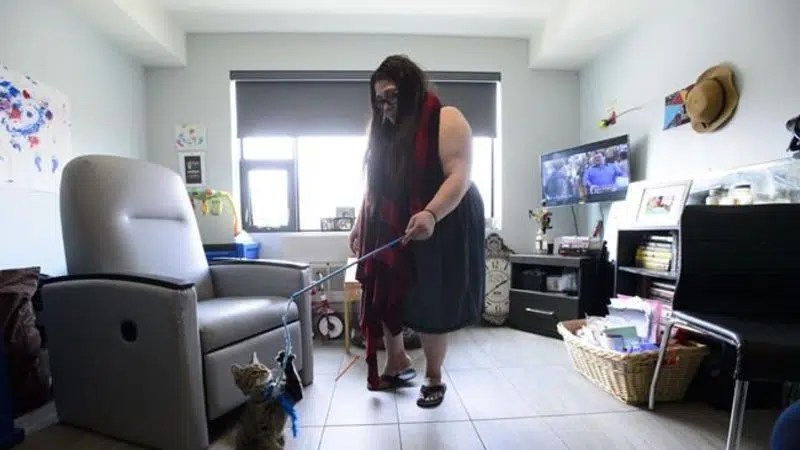
Ottawa opioid users find hope in program that promises safe drug supply
OTTAWA — Katrina Adams has thought about getting a tattoo for all of her friends who have died in the past two years from opioid overdoses but she doesn’t think she has enough room on her body for all the names.
Instead, the 27-year-old has pictures of many of them in her Ottawa apartment, along with images of her two children.
Opioid addiction leads to daily Russian roulette, she said. The supply of drugs on the street is unpredictable, a mix of different chemicals of different potencies. Ottawa police recently tested a sample of stuff being sold as heroin and found it contained no heroin — it was extra-potent fentanyl, mixed with fillers.
